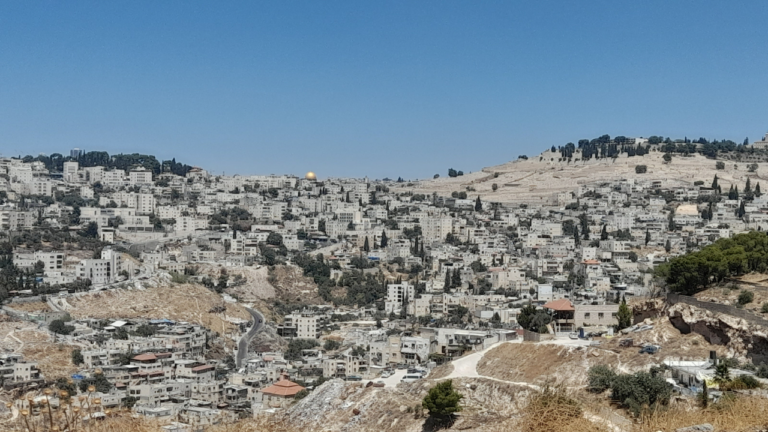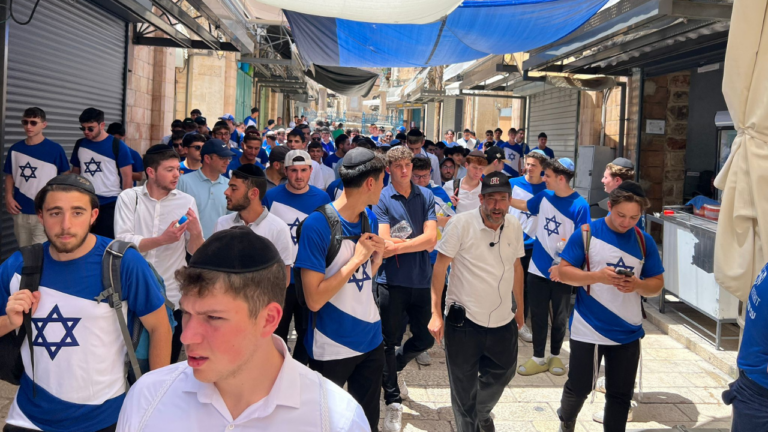The End of the Journey
Our parsha opens with a list of the forty-two stations at which the Jewish people stopped in their journey through the desert. The commentators discuss why this section needed to be included in the Torah. What are the future readers of the Torah to gain by reading this long list of stations?
The Akeidat Yitzhak suggests that each of these stations in particular and the entire journey as a whole, reminds us of God’s kindness towards the Jewish people during this time period in our history. These stations create the basic structure of journey through the desert. Reviewing the events in and around each location will cause us to thank God for the events of that place.
For the Jewish people to arrive at the border of the Land of Israel they needed to have received God’s kindness in each and every place. Without the splitting of the sea, the food in the form of the manna, the water in the form of the well of Miriam, the protection afforded by the clouds and the military victory over Amalek they Jewish people would have been lost forever in the desert. Therefore, once the Jewish people arrived at this final station and are looking forward to entering the Land, Moshe enjoins them to look backward and to appreciate the long journey that they traversed and God’s helping hand throughout. This will cause the Jewish people to give thanks for the past and pray for this continued kindness for the final stage of the journey.
This model is perhaps relevant for our generation. We, too, stand at the border of something great. While the generation of parshat Masei stood at the border of the Land we merit to actually stand within it. We have fulfilled the dreams of generations and have returned to the Land of Yehuda and Yerushalayim. However, while we have returned physically, we are still not there spiritually. Despite living in Yerushalayim, we do not live with a palpable and undeniable sense of God’s presence. We do not yet have the Beit HaMikdash perched within the Holy City.
Similar to the Jewish people in our parsha, we need to simultaneously look in two different directions. On the one hand, we need have our eyes gazing backwards from Yerushalayim to the
American Friends of Ateret Cohanim / Jerusalem ateretcohanim.org jeruchai@gmail.com
ָפּ ָר ַשׁת ַמ ְס ֵעי / Divrei Torah on Jerusalem by Rabbi Yosef Bronstein Parashat Masei 5782
diaspora, to remember each step of our journey. We must learn about the Jewish sojourning throughout the lands and how God’s kindness sustained us and even allowed us to flourish on foreign soil. We will then thank God for the miracle of our journey through exile.
But we also need to be forward-facing. Appreciating God’s past kindnesses should motivate us to pray that these kindnesses do not stop. Living in Yerushalayim without God’s overt presence is akin to standing on the eastern side of the Jordan river and peering into the Land of Israel. We need to pray that God continue to show us His kindness and that he soon returns to His city.



